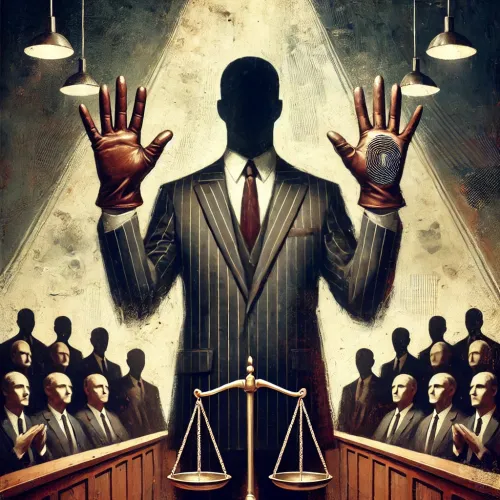Billy J. Taylor was indicted for aggravated kidnapping in St. Tammany Parish, Louisiana. Under Louisiana law at the time, women were excluded from jury service unless they had previously filed a written declaration expressing their desire to serve. Consequently, Taylor's jury was composed entirely of men. He contended that this systematic exclusion of women violated his constitutional right to a fair trial by an impartial jury representing a cross-section of the community.
Legal Issue
The central question before the U.S. Supreme Court was whether Louisiana's jury selection process, which effectively excluded women unless they proactively registered for jury duty, violated the Sixth Amendment's guarantee of an impartial jury and the Fourteenth Amendment's Equal Protection Clause. Additionally, the Court considered whether Taylor, as a male defendant, had standing to challenge the exclusion of women from his jury.
Supreme Court Decision
On January 21, 1975, the Supreme Court delivered its decision, with Justice Byron White writing for the majority. The Court held that Louisiana's practice of excluding women from jury service unless they had previously filed a written declaration violated the defendant's Sixth and Fourteenth Amendment rights. The Court emphasized that an impartial jury must be drawn from a representative cross-section of the community, and systematic exclusion of distinctive groups, such as women, undermines this principle.
The Court also addressed the issue of standing, affirming that Taylor had the right to challenge the jury selection process even though he was not a member of the excluded group. The Court reasoned that the exclusion of women from juries affects the fairness of the trial process, thereby impacting any defendant subjected to such a system.
Overruling Hoyt v. Florida
In reaching its decision, the Supreme Court overturned its previous ruling in Hoyt v. Florida (1961), which had upheld a similar practice of excluding women from jury service unless they volunteered. The Court acknowledged that its understanding of the importance of a representative jury had evolved, and that the systematic exclusion of women could no longer be justified.
Implications for Jury Nullification
While Taylor v. Louisiana did not directly address jury nullification—the concept that jurors can acquit a defendant if they believe the law is unjust or improperly applied—it has indirect implications for the practice. By ensuring that juries are drawn from a representative cross-section of the community, the decision enhances the likelihood that diverse perspectives are brought into the deliberation process. A more diverse jury is better equipped to reflect community values and exercise independent judgment, which are essential components of jury nullification.
Significance
The Taylor decision marked a significant step toward gender equality in the judicial system. By invalidating laws that systematically excluded women from jury service, the Court reinforced the principle that juries must be representative of the community to ensure fairness and impartiality in the legal process. This ruling also paved the way for increased participation of women in the judiciary, contributing to a more inclusive legal system.
Taylor v. Louisiana (1975) is a landmark Supreme Court case that reinforced the constitutional requirement for juries to represent a fair cross-section of the community. By ruling against the systematic exclusion of women from jury service, the Court upheld the principles of impartiality and inclusivity in the judicial process. This decision not only advanced gender equality but also strengthened the integrity of the legal system by ensuring that diverse community perspectives are considered in jury deliberations.



